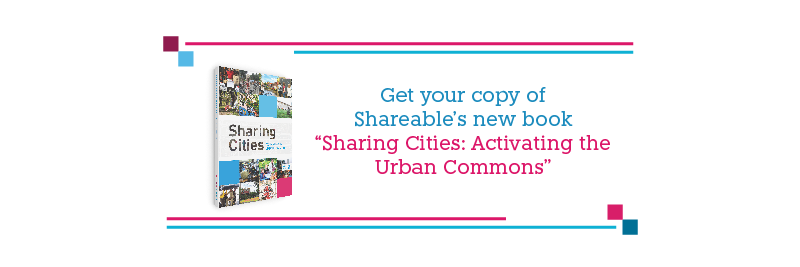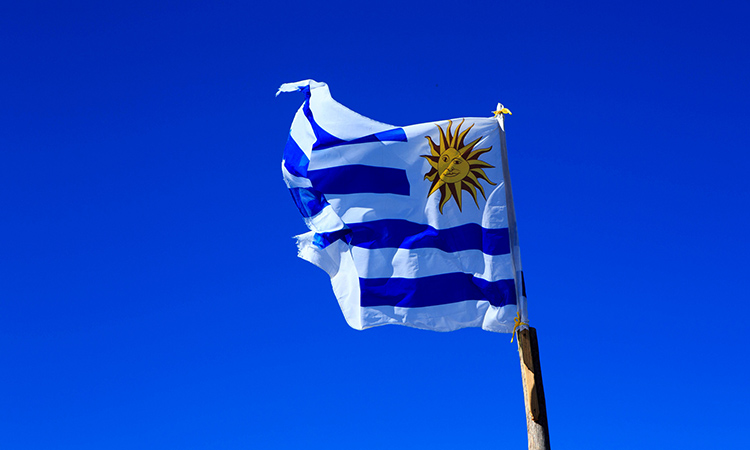This article was adapted from our latest book, “Sharing Cities: Activating the Urban Commons.” Download your free pdf copy today.
In 2010, the city of Montevideo, Uruguay passed a resolution to make all data processed by the city administration (and not subject to privacy concerns) public. Since the resolution was enacted, an open-data portal was launched and over 50 datasets are now freely available. To bypass the burden of building its own new portal, Montevideo uses the national open-data portal that has been built upon the open-source software CKAN developed by the Open Knowledge Foundation, a global standard which is easily replicable. This policy spurred the development of many new apps that are using the data in both traditional and original ways. Public transport timetables, a map facilitating bicycle commuting, an app showing what taxes are spent on, and tools for finding recycling bins are joined by other, more unexpected uses, like a map showing that only 10 percent of streets are named after women. This is surely just the beginning; as additional data becomes available, new innovative applications will be sure to follow.
Learn more:
- Montevideo’s open data portal (Spanish)

Header image by Renzo Olivieri via flickr (CC BY-NC-ND 2.0)









